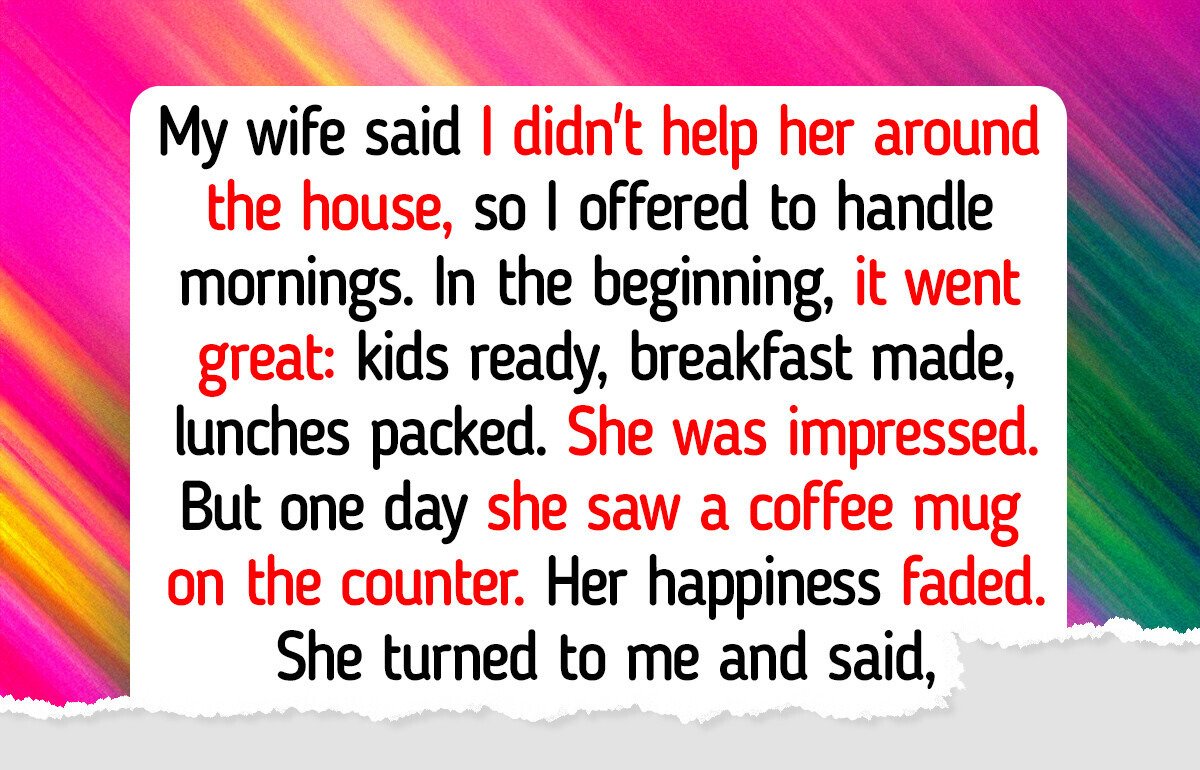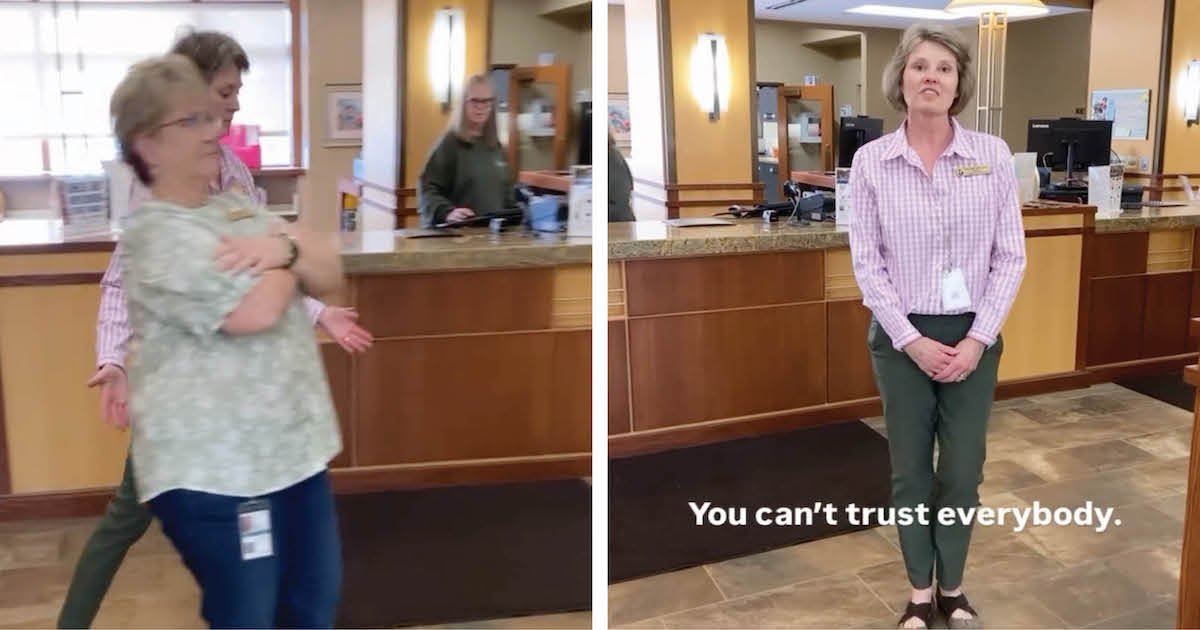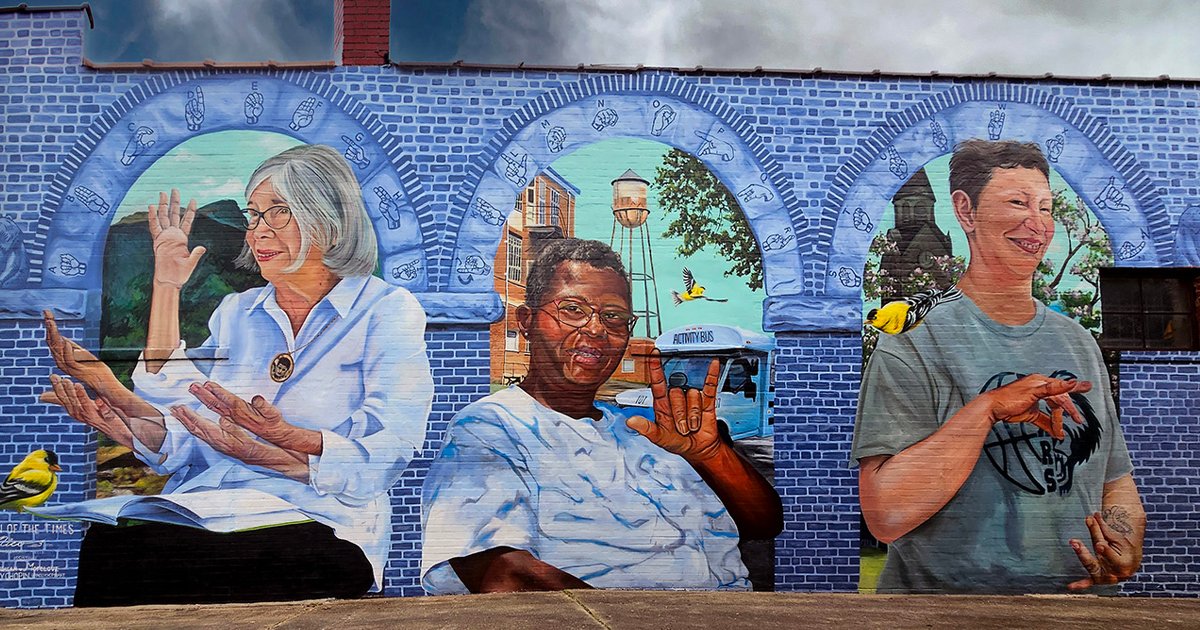
Why Do Ghosts Say “Boo”?
People have shouted “boo,” or at least a version of it, to scare others since the mid-16th century. (One early example he documented Oxford English Dictionary She appeared in this exciting poetic story in the 1660s, Smith Wish who made Hem the new lady.) but ghosts? They were just being used word Boo For less than two centuries.
The mysterious origins of the word Boo
The origin of the word is from Boo uncertain. The Oxford English Dictionary compares it to Latin He breathes Or Greek Boommeaning “to cry loudly, or roar, or (or) scream.” Old dictionaries suggest it may be an onomatopoeia that mimics the mooing of a cow.

Whatever its origins, the word had a slightly different meaning a few hundred years ago: Boo (Or in the old days, father or this) is not used to intimidate others, but to confirm your presence. Take the traditional Scottish proverb “He can’t tell.” father to the goose,” which for centuries has been a subtle way of describing someone as “shy” or “timid.” Or It is considered Story 1565 Smith Wish who turned Hem into a new lady, As an overconfident blacksmith tries to restore a woman to her youth, the main character demands his dying experience: “Speak now, let me see / And say those words.” father!
Or as Donatello does Put it down“Speak, damn it, speak!”
You may also like…
Add the mental thread as Favorite news source!
Boo It becomes more terrifying
but Boo It became more terrifying as time passed. After all, as the Oxford English Dictionary points out, the word is phonetically appropriate “to make a loud, startling sound.” By 1738, Gilbert Crockatt was writing Presentation of Presbyterian rhetoric That “boo” is a word used in northern Scotland to frighten crying children.
In Scotland in the eighteenth century, father, Booand this He will cling to a lot of words that describe things that go bump in the night. According to Dictionary of the Scottish languagethe term bu-kow It is applied to goblins and “anything scary” like Scarecrows. The word ghostbecause the “villain” will develop into bugaboo. And there Boo Manor Boo manA terrifying demon chasing humans:
“Kings, counselors, and princes are just,
Since Will is the common plowman,
High masters mix their pleasures with care,
“The Terrible Muckle Boo-Man.” “
It was only a matter of time until ghosts She’s gathered into this scary “muckle boo-man” crowd.
Which is very bad. Before the early 19th century, ghosts were believed to be eloquent, sometimes charming, and often literary speakers. the Spiritual drinks Which appeared in the works of the Greek playwrights Euripides and Seneca had the important task of reading the introduction to the play. Apparitions in ShakespeareHis plays speak with the same swaying iambic pentameter as the living. But by the mid-nineteenth century, more literary ghosts seem to have lost interest in speaking in complete sentences. Take this telling exchange with a ghost from 1863 An existential punch Script:
ghost: Bu-oh-oh!
punch: Aaah!
ghost: Bu-oh-oh!
punch: my darling ! my darling ! He doesn’t want me!
ghost: Bu-oh-oh!
The influence of spirituality
This is not surprising BooIts popularity rose in the mid-nineteenth century. This was Omar Spiritualitya widespread cultural obsession with paranormal phenomena that has led dozens of people flocking to psychics and fortune-tellers in hopes of communicating with the dead.

Serious scientists were sending electric shocks through the bodies of corpses to see if reviving the dead was possible; Readers were immersed in gothic horror fantasy (think Frankenstein, Zastroziand Vampire); British police departments have reported an increasing number of ghost sightings as cemeteries are plagued by “ghost impersonators”, tricksters who camp out in graves covered in white robes and pale chalk. It is perhaps no coincidence that ghosts began to develop their own vocabulary—although a limited one—during a period when everyone was curious about what was happening within the spirit world.
This may help too Boo He was Scottish. Many of us have Halloween Traditions, such as lantern carving, were carried abroad by Celtic immigrants. Scotland was a great source of people in the mid-19th century, perhaps thanks to the Scots-Irish diaspora Boo It became every ghost’s greeting.
Now that you know why ghosts say “boo,” find out a few more Regional terminology for spirits and hauntings You might want to work on the conversation and get to know “Ghost lyrics“- non-existent words that somehow found their way into the dictionary.
A version of this story was published in 2017; Updated for 2025.













Post Comment